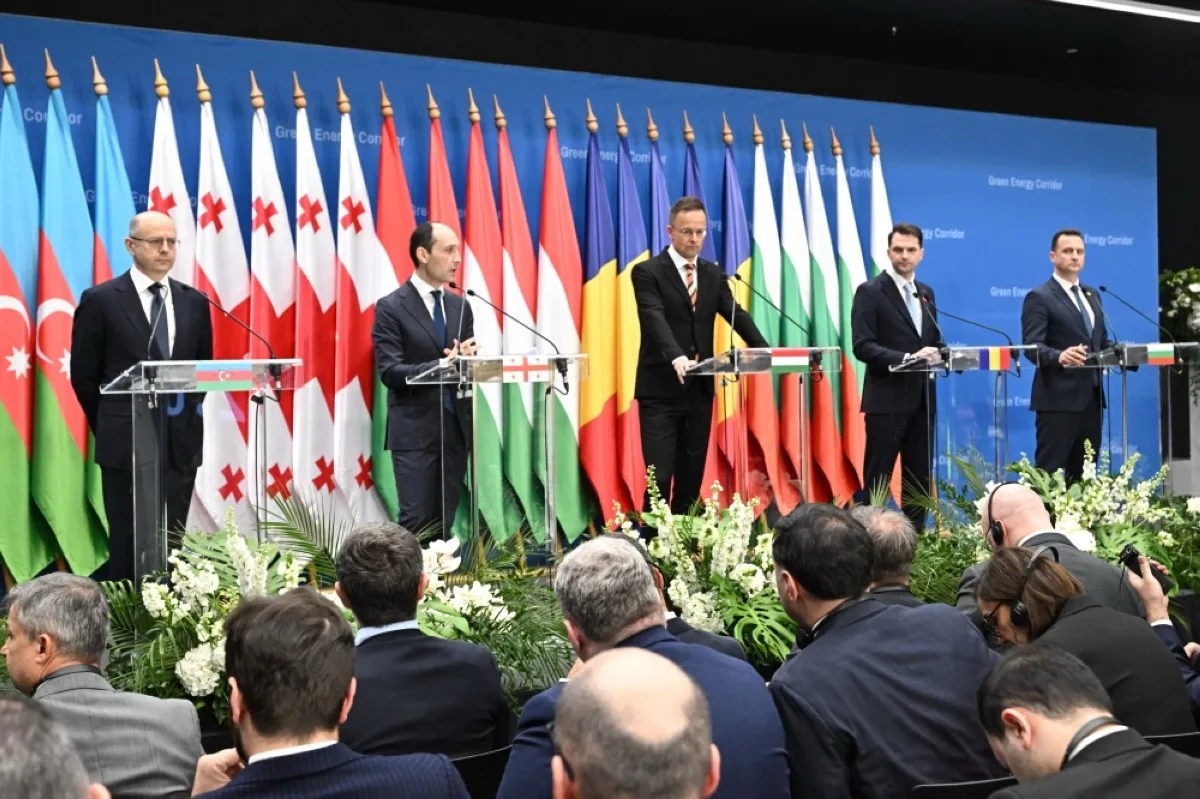UAE’s midday work ban: Dh5,000 fine per worker, rules, exemptions explained
Workers will get a respite from the scorching peak summer heat when temperatures can reach up to 50°C, with the midday break campaign announced by the Ministry of Human Resources and Emiratisation (MoHRE).
Scheduled to begin on June 15, this will be the 19th year that the campaign will be implemented, and it has become a key feature in ensuring the safety of workers during the hot summer months.
According to authorities, the midday break regulation has led to a significant reduction in the cases of workers’ exposure to heat exhaustion and heatstroke over the past years. Since its inception, MOHRE has conducted various awareness and guidance activities and initiatives that focus on educating workers and employers about the importance of adhering to the work ban at the specified times.
From what it is to what the fines are, here is everything you need to know about the midday break:
1. What is the midday break?
The midday break is an annual initiative by MOHRE that bans labourers from working in open spaces and under direct sunlight from 12:30 to 3pm every day during the summer. This year, it will be enforced from June 15 to September 15, 2023.
It was instituted with Ministerial Resolution No. (44) of 2022 on Occupational Health and Safety and Labour Accommodation, which aims to provide an adequate work environment that protects workers from occupational hazards and prevents work-related injuries or illnesses.
2. Are there any exceptions to the break?
Some professions and jobs were exempted from the midday break for technical reasons, which requires work to continue uninterrupted. These include laying asphalt or pouring concrete, and works needed to contain hazards or repair damages that affect the community, such as interruptions to water supply or electricity, cutting off traffic, and other major issues.
The exemption also includes works that require a permit from a relevant government authority to be implemented, given their impact on the flow of traffic and services. These tasks require non-stop work, including cutting or diverting main traffic routes, power lines, and communications.
3. When was it first implemented?
This is the 19th year in a row that the midday break is being put into effect. Last year there was a compliance rate of 99 per cent after conducting more than 55,000 inspection visits.
4. Why is it implemented?
The midday work break is in line with professional and humane standards designed to protect workers from potential risk of injury resulting from high temperatures during the summer, especially at noon.
MOHRE has also launched a range of initiatives during the summer months to provide supplies that protect workers from exposure, heat exhaustion, and sunstroke.
5. What are employers supposed to provide?
Employers are required to provide a shaded area where workers can rest during the midday break. They must also post the schedule of daily working hours in a prominent place, in accordance with the provisions of the midday break, provided that it is in a language that workers can understand, in addition to Arabic.
6. What do employers have to provide in exempted cases?
In the case of exempted jobs, the employer is required to provide sufficient cold drinking water for workers. Public health and safety requirements should be maintained by providing hydrating food, such as salts and/or other food items approved for use by the local authorities in the UAE. They must also provide first aid at the work site, adequate industrial cooling and umbrellas that protect from direct sunlight
7. What happens if a company doesn’t give a midday break?
A fine of Dh5,000 for each worker will be imposed on employers found to be in violation of the provisions and regulation of the ban, with a maximum of Dh50,000 in the case that multiple workers are working in violation of the ban.
8. Can anyone complain against a company for not giving midday break?
Yes. They can complain about violations of the midday work ban through the Ministry’s call centre at 600590000, which answers calls 24/7 and in 20 languages, including three main languages, through an automated call system. The Ministry can also be reached via its smart application.


